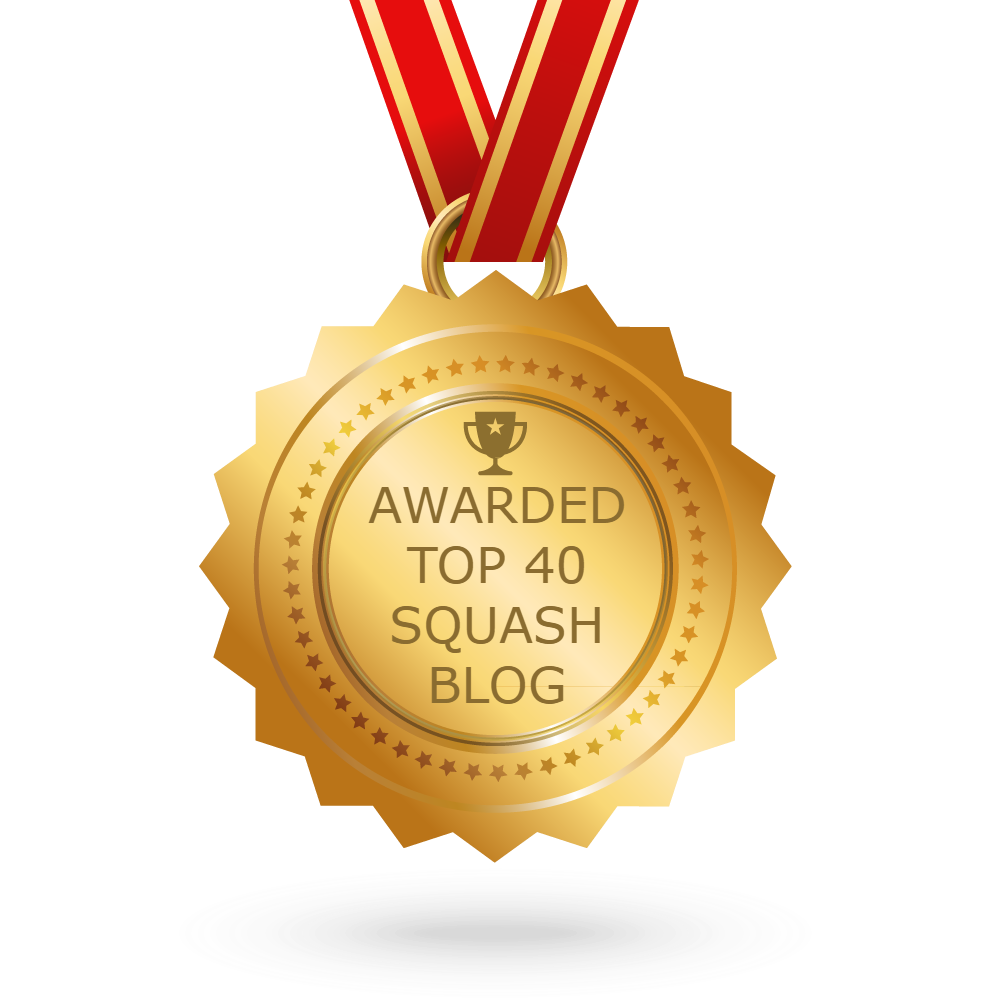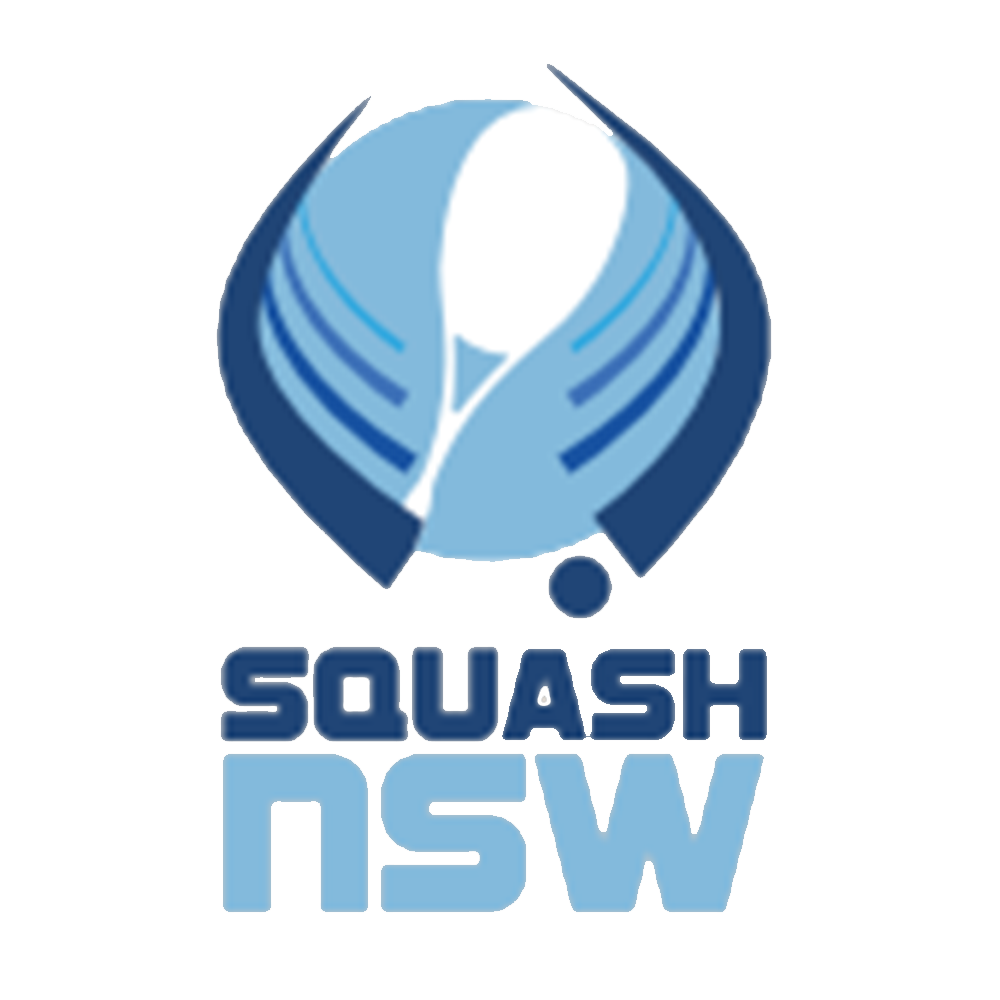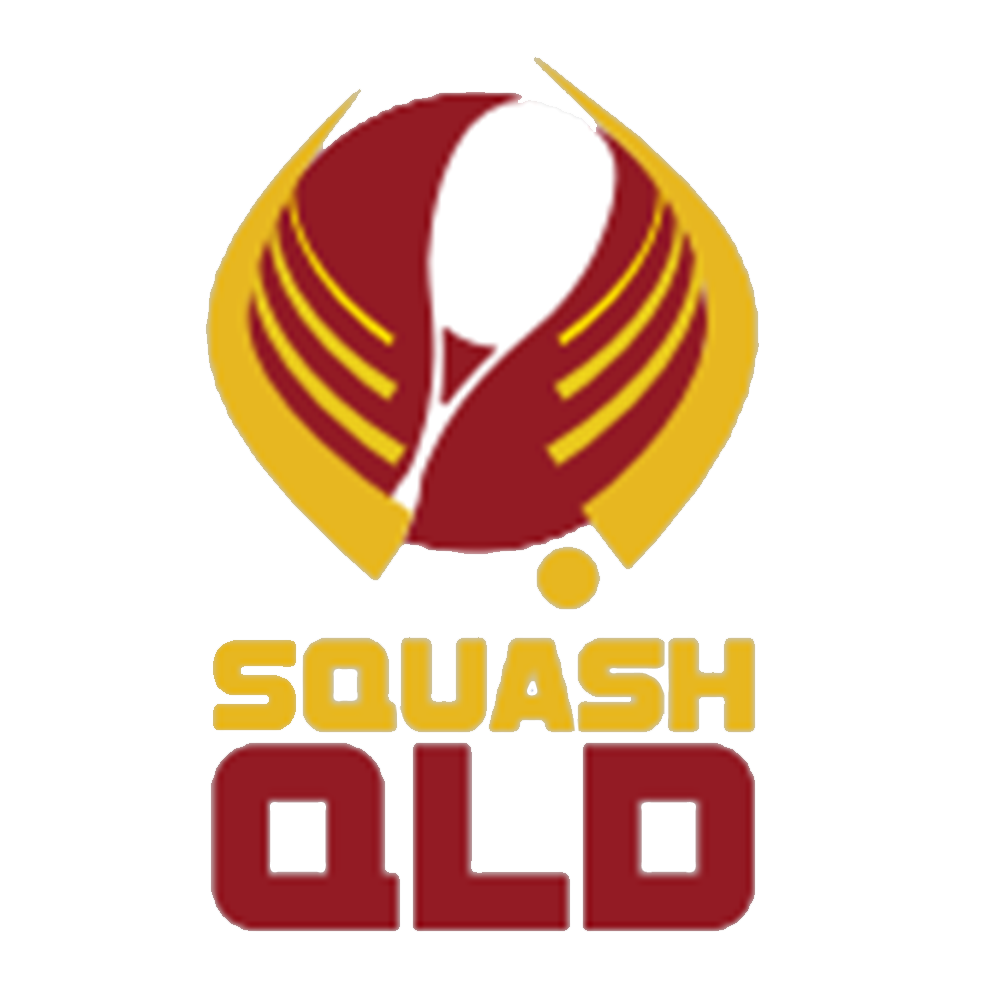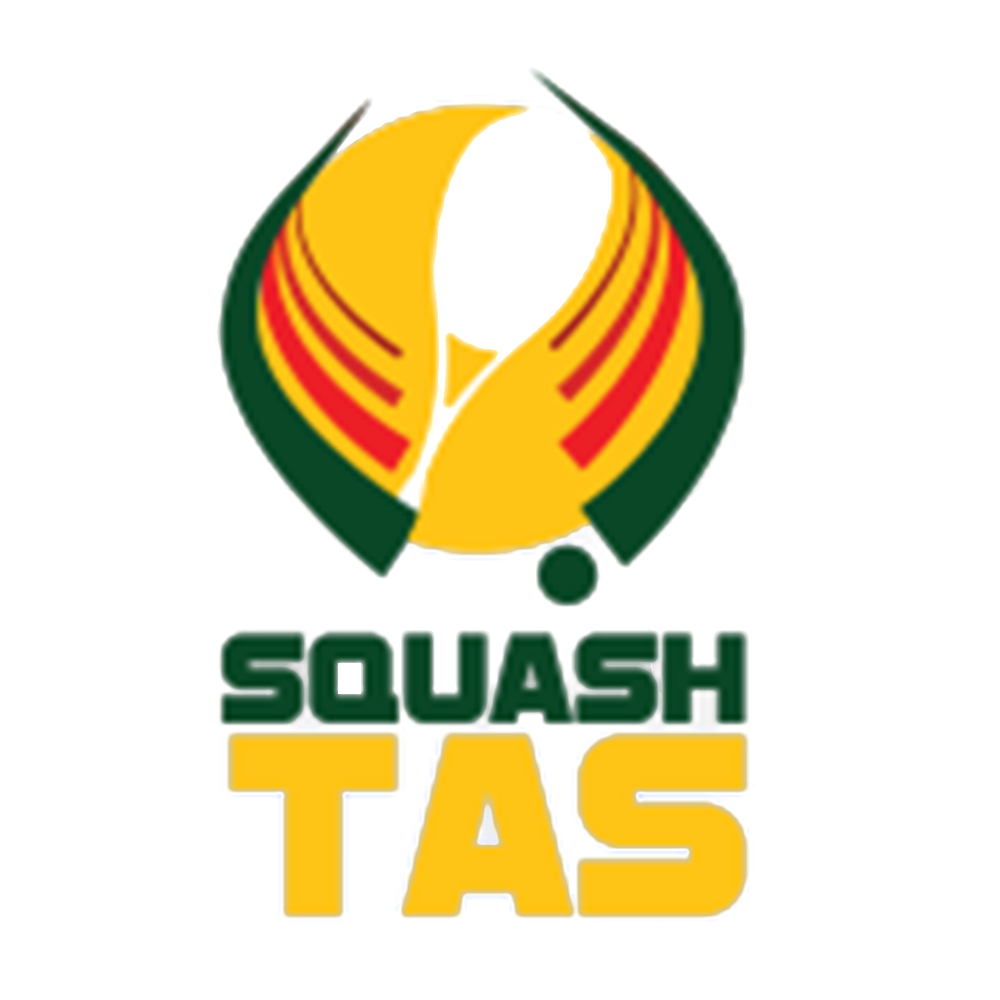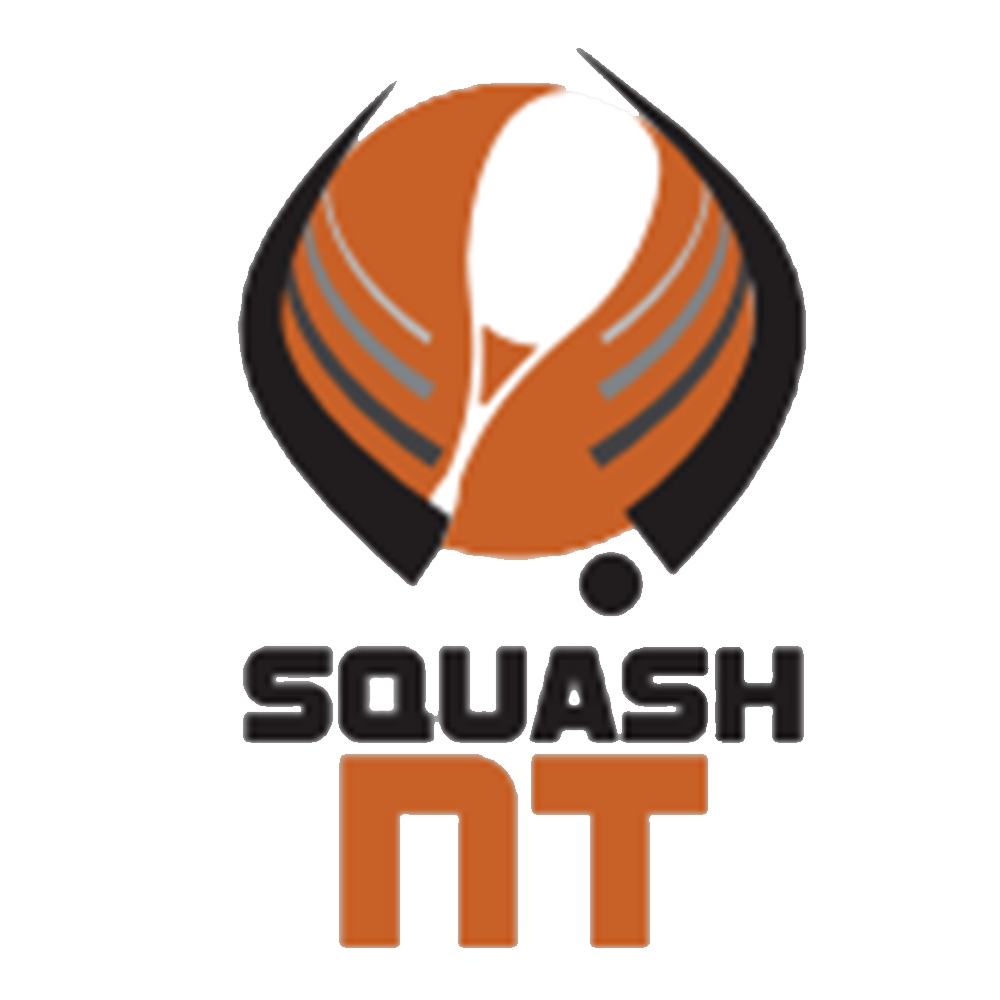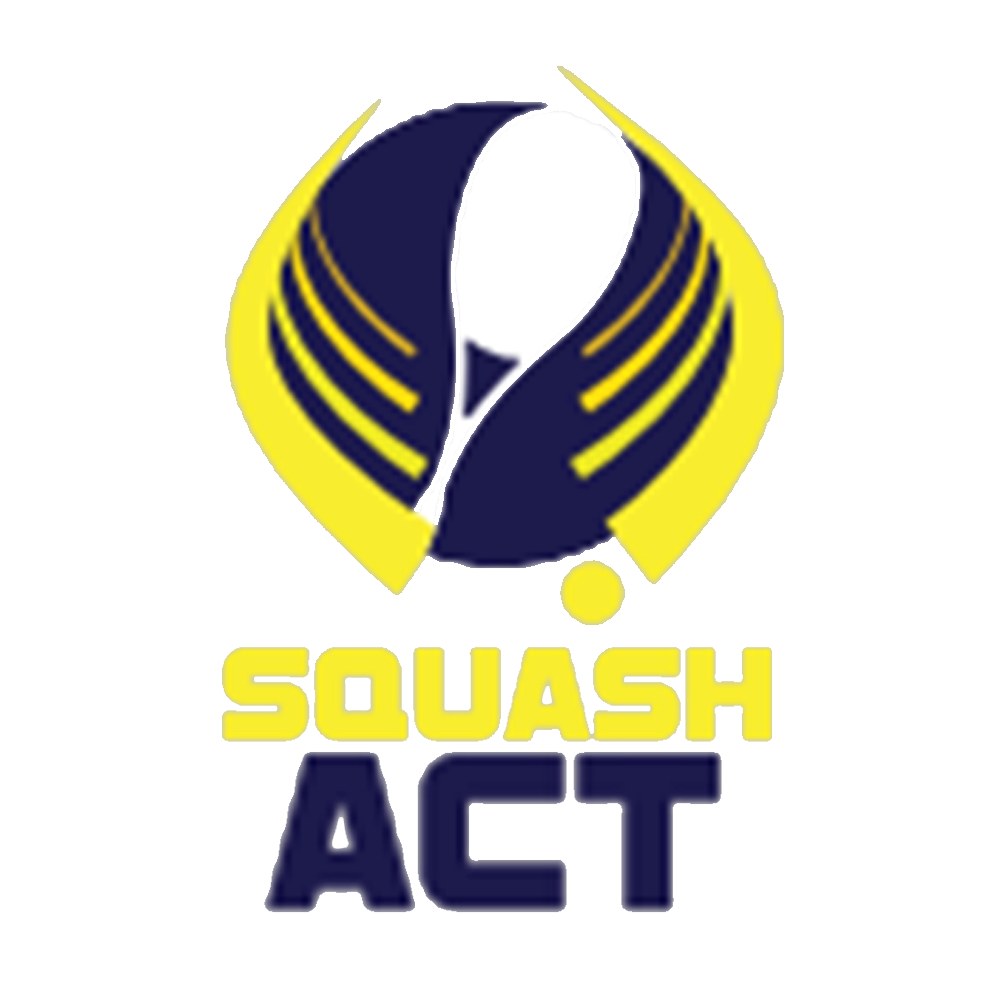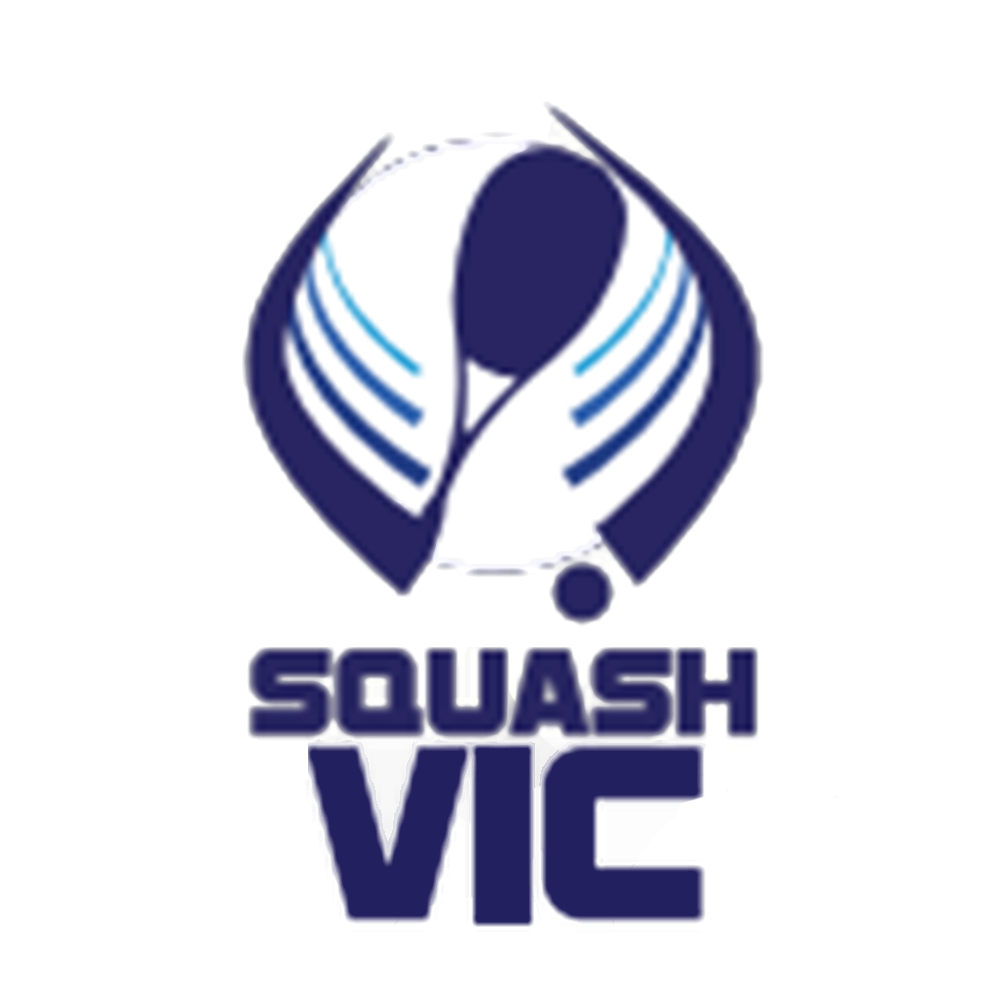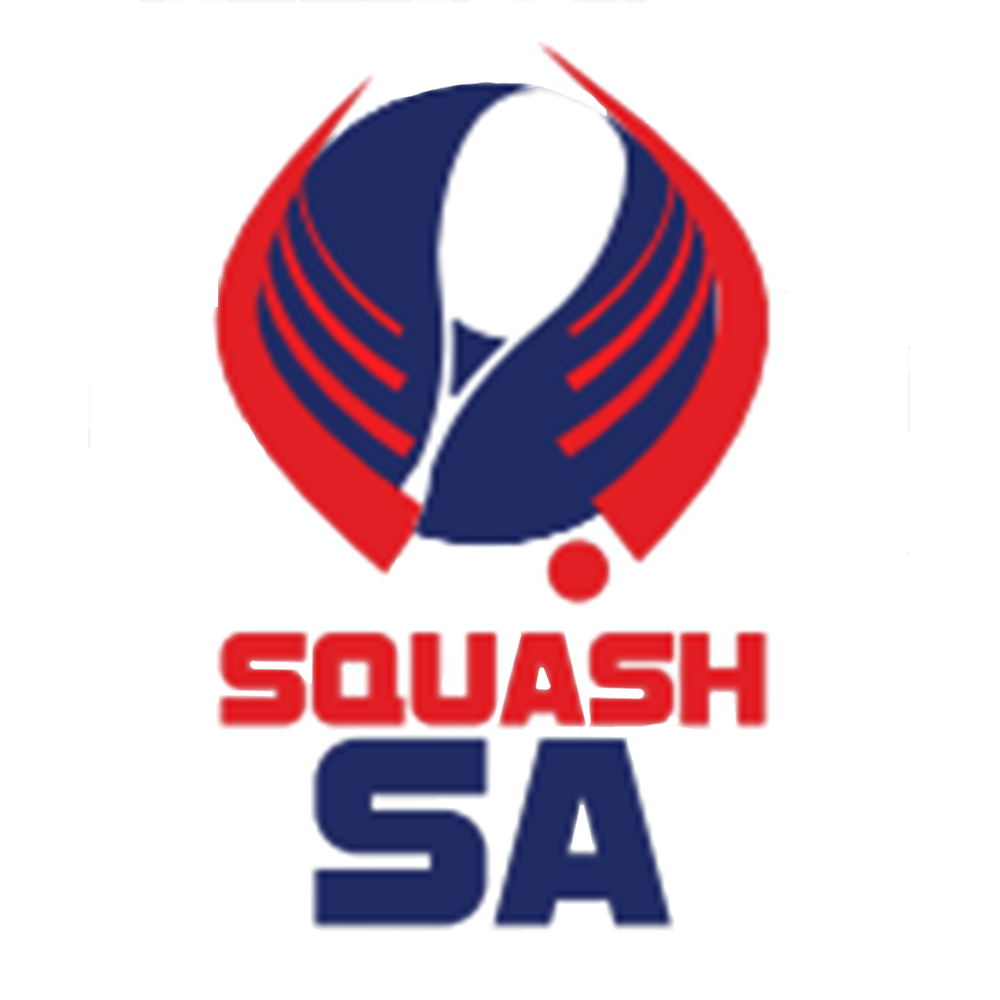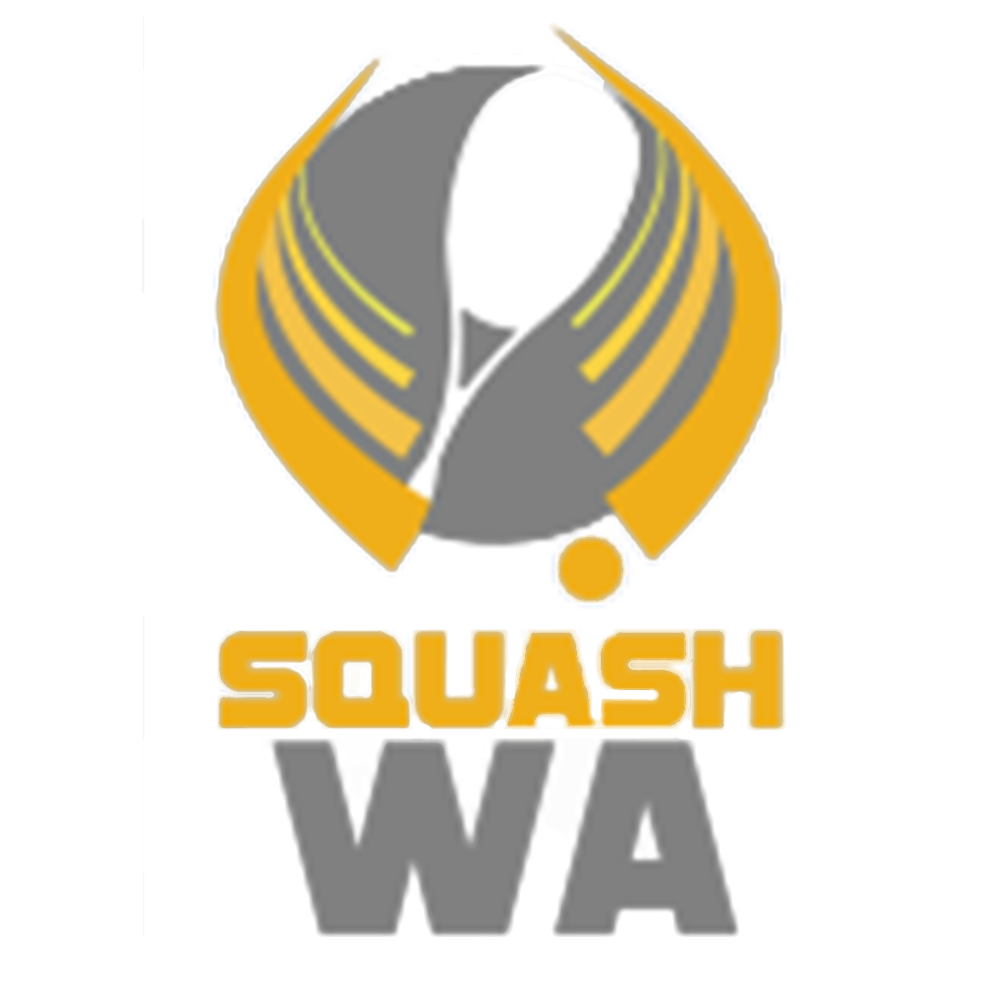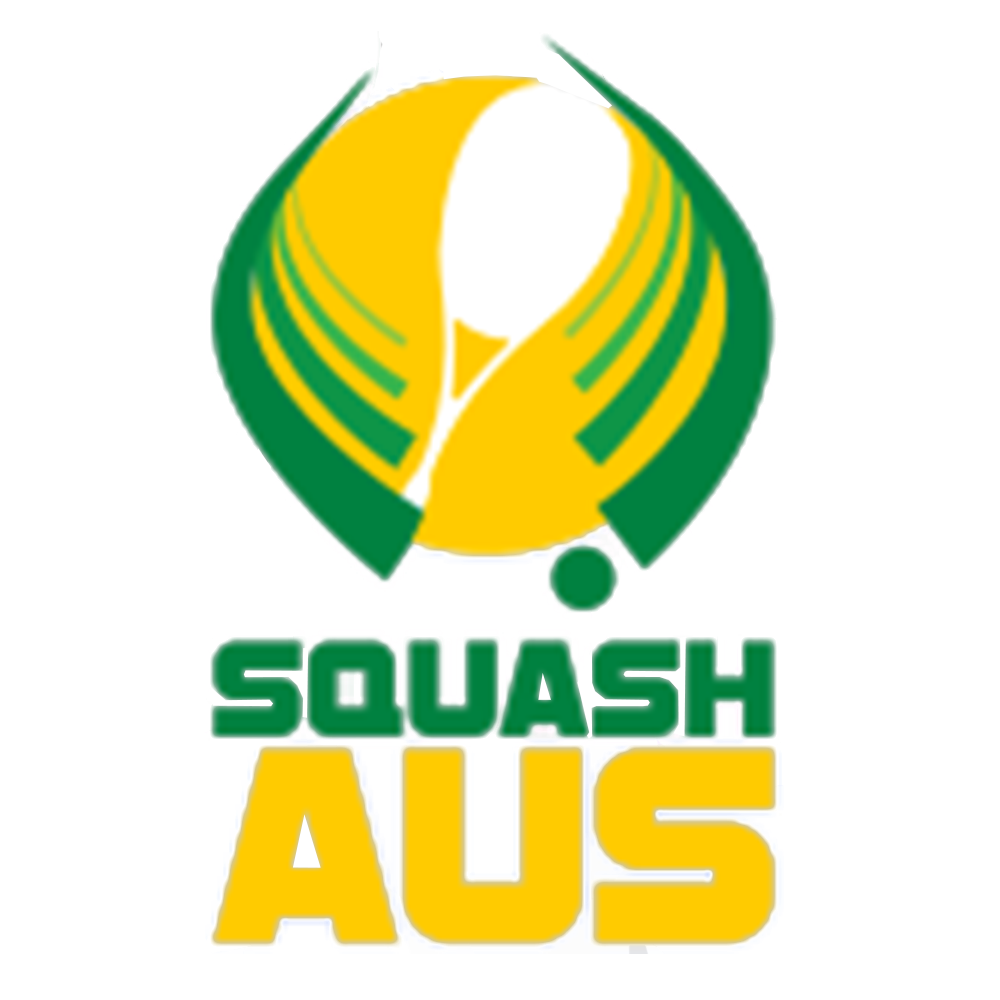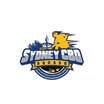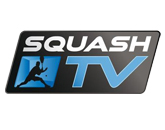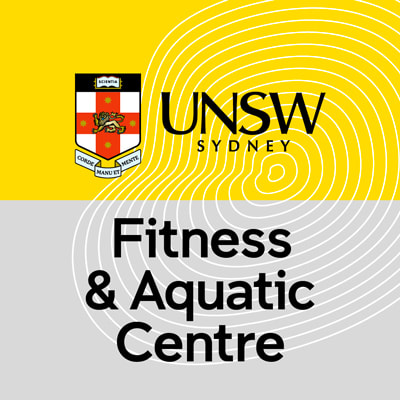Prior to going on court for my first match, it’s always my goal to spend the least time possible on court in the earlier rounds, as this allows for me to feel fresh later in the tournament. Maximising such opportunities earlier in the tournament through adequate preparation, allows the preservation of my physical reserve. This doesn’t mean that I THINK I am in the finals before I start, rather, it allows me to position myself mentally to play hard from the word GO. This mindset can be seen in the top players on the PSA World Tour who are currently competing in the Qatar Classic.
It should be noted that there is a difference between preparing yourself to win (and therefore believing you can do so) and thinking you have already won. Regardless of the opponent, you should always play with the MINDSET of a game by game MENTALITY. Thinking too far ahead will not allow you to be present in the match and could set you up for failure. Everyone has been there, 2-0 up, thinking the match is in the bag and the next minute the match has run away from you.
What was your strategy when playing Ben Marschall in Round 1?
Although I noticed that Ben struck the ball really clean during the warm up, I believed I had a physical advantage. In the initial stages of the match I made the rallies long and enduring and this allowed me to assess the situation.
When I come across a player that strikes the ball clean like Ben, it is critical to reduce their time to play the ball, as they are DANGEROUS with time. Pushing such players out of their comfort zone, by being more accurate and playing at a higher pace, removes the ability to play such INCREDIBLE shots.
The first game was tough, in particular, at the start of the game (BUT THAT WAS THE GOAL). This paid dividends in the end, as Ben started to get tired, allowing for a much easier finish with typically more errors occurring and the court opening up. Although it became easier, I knew I couldn’t take my foot off the accelerator.
Overall, I was pleased to win the match 3/0.
What was it like playing Sion Cousins in the Quarter Finals?
I have been doing some coaching with Sion since April this year, and I occasionally do some gameplay with him, which has helped me understand his game style.
Sion has a solid game; he likes to play at high tempo looking to cut the ball off early and move the ball around with his backhand straight volley drop. This is a great style of play, but it has its limitations…
Again, in the initial stages of a match I wanted to test Sion. This was to see how patient he was going to be, as he had just competed in the “CROSSFIT CHAMPIONSHIPS” at his gym in Mona Vale @CrossFit Athetica. I knew this would mean he would be fatigued.
Knowing this information allows for small changes to the game plan occur, revealing the residual fatigue. In doing so, you can find out early on how the individual will deal with the fatigue and establish how far they are willing to push themselves.
Immediately putting this strategy to work, Sion’s tempo was down. I kept to my physical strategy and was able to walk off with a win 3/0.
Playing Sion is fun as he is a great sport. It has been great to see Sion go from a 316 matrix in April this year up to now a 340, that’s a 24-matrix jump in 6 months! He has A LOT more potential then this, so look out for him in the next 1-2 years, provided we can keep him concentrating on squash.
What was was your strategy for the Semi-Finals?
Before I walked on court for this match, one of my coaching clients actually asked if I had a strategy. I then explained that I did. The Sydney squash circuit is very tight-knit and you seem to meet everyone through playing each other on a regular basis. In the tournament, I played one player in the first round that I didn’t know, but I had played everyone else before at least five times.
What is the value in knowing your opponent?
I remember when I was 8-10 years old (Preeminence) my coach always used to make me, learn and remember all my opponents names.
I used to question WHY he would make me do this, especially because the other kids didn’t have to do this....... Then when I got to 12 years old I realized why:
- It’s respectful
- It allows me to put a name to a face. This is important in understanding their style as a player as it allows for a specific game plan to be developed for opponents.
Thank you Reto Vogel – lesson learned.
When I became a professional, I took this to a whole new level, and I used to have a book and noted dates of matches and players’ names, strengths and weaknesses and then write down the strategies I used. I could then identify what worked and what didn’t. I often had my video camera to record my matches to learn from all my experiences. In today’s modern era, it is great to have PSA TV, which allows all the players to track more of their matches and develop their games. The coverage when I was playing over six years ago wasn’t as good as it is today. See the comparisons below:
OLD :
So, what was was your game plan against Michael Bolton in the semi’s?
Michael is a dangerous player, as he is left-handed and plays an unorthodox style of game making it difficult to read. The ball can literally go ANYWHERE. It is impressive to see such a different style of swing make it to mid to high 300 matrix. His athleticism for a big guy is GREAT!
I aimed to play mostly to the backhand side, as his forehand side is VERY dangerous. This can turn into a more scrappy style of play, as it can turn into cross-court, cross-court, cross-court.
When playing such opponents you should remind yourself that it is their weaker side and PERSIST with the game plan, no matter how scrappy the game is.
The first game I got off to a good lead drawing some mistakes from him. In the 2nd game, Michael became aware of my strategy. In cases like this, game plans need to be altered slightly, not overhauled. I plan for situations like this to happen so I can create the change in my strategy and add more variation. During this game I started to become distracted by small frustrations in my head, basically having a mental lapse.
How do you deal with these frustrations and mental lapses?
When these happen I have a strategy to follow in order to pull my self back into concentration. In psychology these are called “Triggers” & “Anchors”. People don’t know what I am doing when I do these, but many professional athletes implement these psychological strategies. Watch the clip of the famous, Rafa Nadal playing tennis to understand what triggers and anchors are all about.
During the 3rd game, I was aware of the variation that I needed to add in earlier than I did in the 2nd game. I stayed discipline and followed my action that I set out to achieve. The 3rd game was still physically tough but much easier on the scoreline. I was happy to walk away with the 3/0 victory.
Michael is a tough opponent to play because you don’t know what you are going to get.
Unorthodox players are always tough to play, as they give you no rhythm. The skill is to be able to dominate these types of players. Everyone has played against a player that gives you no rhythm. It’s not bad squash. In fact, it is quite the contrary. Many people just don’t know how to deal with such players as they get too frustrated and fail to solve the problem.
How was it playing Alex Crouch in the finals?
Alex and I have played many times, so we know each other's games well. He plays a high tempo looking to cut the ball off as much as he can, and push up the court. Alex’s style of play, however, can become challenging for him, as he needs to be mentally and physically prepared to be able to sustain it. This wasn’t in his favour as he had already played his 3/2 before hand.
With this advantage, my goal was to control the “T” and play a higher tempo so I could build fatigue in his legs. Halfway through the first game I felt him drop off slightly and this allowed me to put him under more pressure as the effects were starting to take a toll. During these times I need to decide if I should take the ball short early and finish the rally, or continue to tire him out for later on. I always think LONG TERM, so I went with the latter option. I won the first game 11:6, and was pleased with the work I had put into him.
This carried over to the second game resulting in some cheap points and some simple errors due to Alex’s fatigue and frustration. I took the game 11:4.
In the third game it was obvious he was fatigued. I extended rallies and he couldn’t keep going. Fortunately for me, the work had added up and was too much. I took the third game 11:1.
What advice would you give budding players after this experience?
It is crucial for people to understand that keeping a high intensity throughout all of my matches is not easy and requires a high degree of discipline. We all go through this PAIN, but the result is determined by who is going to GIVE IN FIRST... This is MENTAL TOUGHNESS (& PHYSICAL STRENGTH (S&C Website).
Any concluding comments?
A HUGE acknowledgment to Jason, the tournament operator, and his team for hosting another MASSIVELY successful event with over 100+ entries. It is amazing that the MAASH OPEN has been hosted for 23 consecutive years. Awesome work Jason! Jason is the only promoter in Sydney that can get this many players to his events, this speaks volumes to his support. He gets all the success he deserves!
Thanks again for a GREAT EVENT!
AF.

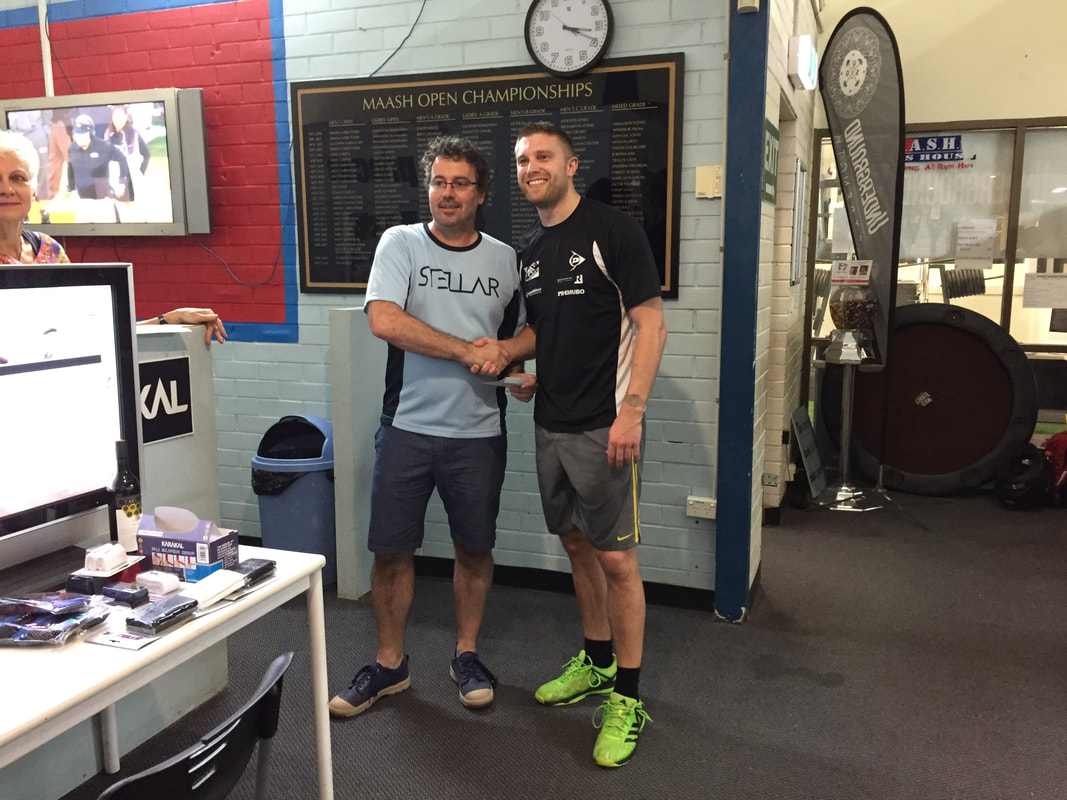
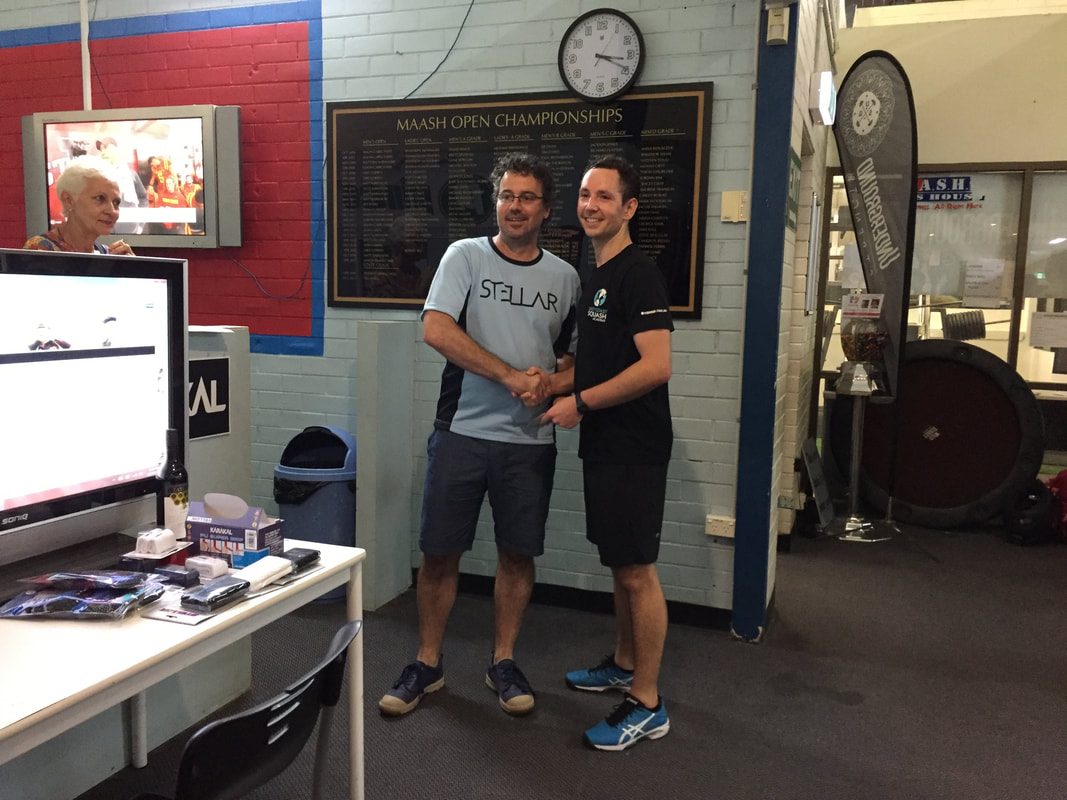
 RSS Feed
RSS Feed
